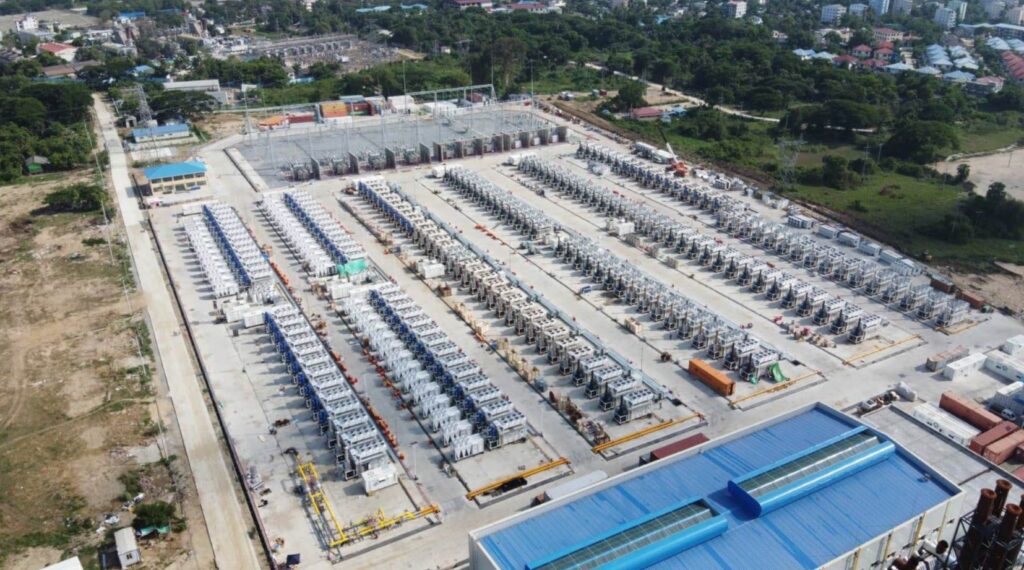
Japanese trading firms Marubeni, Sumitomo, and Mitsui &Co have signed a deal to build an LNG-to-power project in Thilawa, Myanmar.
Thaketa power project in Myanmar (Image: VPower)
The trio also teamed up with Myanmar’s conglomerate Eden Group to build the project tipped to be worth up to $2 billion.
Myanmar’s government handed over the notice to proceed to the group during a ceremony in the country’s capital Naypyitaw on Friday.
Marubeni said in statement on Monday the scope of the project includes building and operation of a 1,250 megawatt LNG-powered plant in the Thilawa Special Economic Zone in Yangon.
The group will also build an onshore LNG receiving, storage and regasification facility of the “largest capacity” in Myanmar, it said.
Myanmar’s state-owned Electric Power Generation Enterprise will buy the power produced from the project over a 25-year term after commercial operations start.
Marubeni said the group will now conduct a detailed feasibility study followed by financing, and construction of the power plant and associated facilities.
Myanmar expects to see first electricity from the project in about six years from the notice of proceed.
LNG-to-power growth
The country has earlier this year received its first LNG cargoes from Malaysia joining the global importers circle.
Myanmar’s first LNG-to-power plant, located in Thaketa Township in the eastern part of Yangon, started operations last month.
The CNTIC VPower consortium, which is behind this plant, is planning in total three LNG-to-power projects in the country to support the growing demand for electricity.
Mynamar gets electricity mainly from hydroelectric power plants.
However, because of the rapid growth in power demand and variability in hydroelectric output, the country has been experiencing significant power shortages in recent years.
LNG power has proven as a fast-track solution which is why the country decided to approve several such projects to meet the growing demand.
The post Japanese trio to build Mynamar LNG-to-power project appeared first on Offshore Energy.
Source: LNG World News
